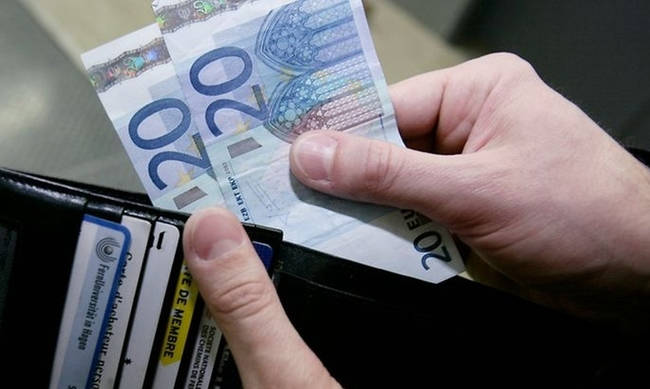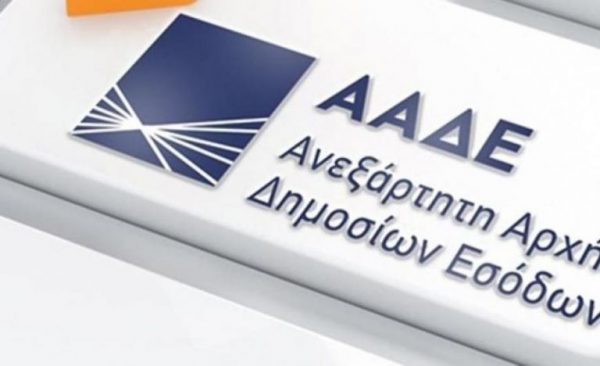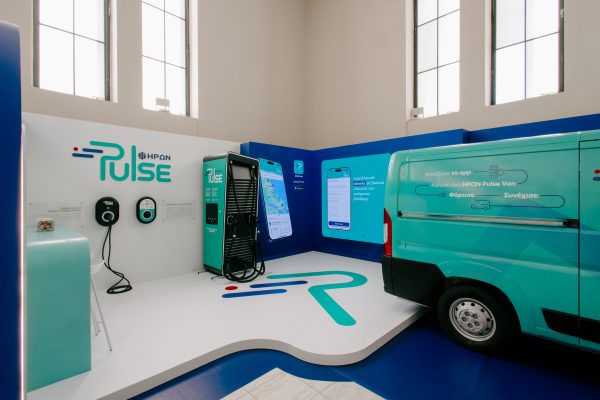
High expectations for the increase of the minimum wage, which may even exceed 6%, are cultivated by the government, while the process has entered its final stage with the Centre of Planning and Economic Research-KEPE today, Friday 15 April, to deliver to the Minister of Labor the conclusions of the dialogue between scientific and social actors.
The government seems determined to promote a high increase that will lead the new minimum wage in the range of 703 to 710 euros. This intention was expressed – again – during the speech of the Prime Minister Mr. K. Mitsotakis in Parliament, who spoke about “new – the second in 2022 – significant increase in the minimum wage.”
Procedurally, the Minister of Labor clarified that his suggestion to the Council of Ministers will be made after the Easter holidays, in the last week of April and the validity of the new salary will start from May 1.
According to the latest indications, the government recommendation may be higher than 6% and move around 7%, in addition to the 2% given on 1.1.2022.
The level of wage growth – which is expected to outperform inflation – combined with measures to support households and businesses are part of government interventions to tackle inflationary burdens.
Going to an increase: either 6% and a new minimum at 703 euros, or 7% and a new minimum wage at 710 euros. According to the government scenario, the increase for 2022 – cumulatively together with 2% – will “move” close to or even exceed GDP growth, which was set at 8.3%.
The positions of the organizations
Meanwhile, an “abyss of ten percentage points” still divides the views of employers and employees on the level of the new minimum wage. The so-called “big employers’ organizations” – Hellenic Federation of Enterprises-SEV and Association of Greek Tourism Enterprises-SETE – seem to be insisting on a maximum increase of 3% or 4%, while representatives of small and medium-sized enterprises are expressing reservations about the impact of labor costs on the viability of their businesses.
At the same time, General Confederation of Greek Workers -GSEE insists on restoring the minimum wage to 751 euros from 663 euros – a fact that corresponds to an increase of about 13% – thus the “difference” between the two sides is at 10%.
The Bank of Greece formulates the most restrained proposal with additional increases from 2.7% to 3.4%, citing “increased uncertainty due to international energy prices, rising inflation and the war crisis in Ukraine.”
While KEPE estimates that the increase should not be too large, as this will put more burden on small businesses, as well as companies in specific sectors.
Latest News

Economist: Greece Included in the Best Performing Economies in 2024
Meanwhile, Northern European countries disappoint, with sluggish performances from the United Kingdom and Germany.

EasyJet Expands Its Routes from Athens
The airline’s two new routes will be to London Luton and Alicante and they will commence in summer 2025.

Capital Link Forum Highlights Greece’s Economic Resurgence; Honors BoG Gov Stournaras
Capital Link Hellenic Leadership Award recipient, Bank of Greece Gov. Yannis Stournaras, an ex-FinMin, was lauded for his pivotal role during Greece’s economic recovery

Tourist Spending in Greece Up by 14%, Visa Card Analysis Shows
Greece’s capital Athens emerged as the most popular destination, recording a 17% increase in transactions with Visa cards, surpassing even the cosmopolitan island of Mykonos.

Inflation in Greece Unchanged at 2.4% in Nov. 2024
The general consumer price index (CPI) posted a 0.4% decrease in November compared to the previous month

2024 Christmas Holidays: Extended Shop Hours Schedule
The 2024 Christmas Holidays extended shop hours schedule commences on Thursday, December 12 and runs until the end of the year.

ELSTAT: Seasonally Adjusted Unemployment Down in October
The number of employed individuals reached 4,284,694, an increase of 67,723 compared to October 2023 (+1.6%) and 22,002 compared to September 2024 (+0.5%).

Greek PM’s Chief Economic Adviser Resigns
In the post on his Facebook page, Patelis did not disclose the reasons that led him to step down.

“Masdar Invests in the people of Greece and in the vision of TERNA ENERGY”
Four messages from the CEO of Masdar, the Arab renewable energy giant, after its acquisition of 70% of TERNA ENERGY

Lloyd’s List Greek Shipping Awards 2024: Honors for leading companies and personalities in the Greek shipping sector
20 awards presented at the 21st annual Lloyd's List Greek Shipping Awards


















![Χειμερινή εξοχική κατοικία: Οι Ελληνες γυρνούν την πλάτη παρά την πτώση των τιμών [γραφήματα]](https://www.ot.gr/wp-content/uploads/2024/12/Capture-19-90x90.jpg)























 Αριθμός Πιστοποίησης Μ.Η.Τ.232433
Αριθμός Πιστοποίησης Μ.Η.Τ.232433